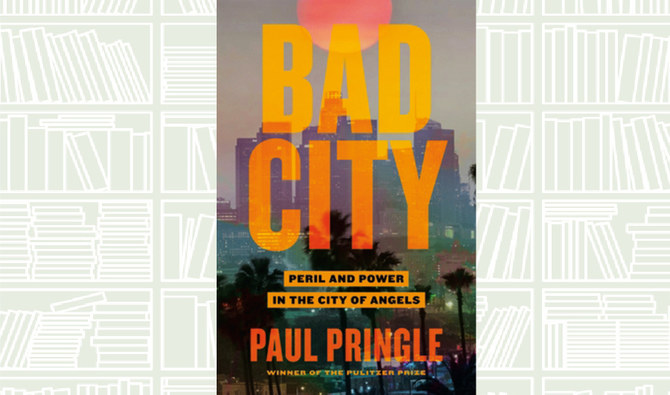Fyodor Dostoevsky’s “White Nights” is a hauntingly beautiful novella that captures the delicate interplay of dreams and reality, love and loneliness.
Written in 1848, this early work by the Russian master offers a poignant exploration of human emotions, showcasing his remarkable ability to delve into the complexities of the heart.
Told in the first person, the novella invites readers into the world of a nameless narrator, a dreamer who yearns for connection yet struggles with isolation.
Set against the ethereal backdrop of St. Petersburg’s white nights, where the sun barely sets and time feels suspended, the story unfolds over the course of four evenings and one morning.
The narrator, a solitary figure lost in his own fantasies, encounters Nastenka, a young woman whose vitality and vulnerability draw him out of his shell.
What begins as an unlikely meeting blossoms into an intense, fleeting relationship, marked by confessions, shared hopes, and the bittersweet promise of love.
Dostoevsky’s prose is lyrical and evocative, capturing the dreamlike atmosphere of the city and the emotional turbulence of his characters. The narrator’s voice is filled with longing and naivety, his idealism and vulnerability making him both endearing and tragic.
Nastenka, meanwhile, is a figure of contrasts — at once strong-willed and dependent, hopeful and heartbroken. Together, they create a dynamic that is as tender as it is heartbreaking.
At its core, “White Nights” is a meditation on loneliness and the human desire for connection. Dostoevsky paints a vivid picture of the narrator’s internal world, a place filled with grandiose dreams but devoid of real companionship.
The fleeting relationship with Nastenka becomes a mirror for his yearning, offering him a taste of the intimacy he craves while underscoring its impermanence. Their encounters are imbued with a sense of fragility, as if the story itself might dissolve with the dawn.
The novella also explores the tension between reality and fantasy, a theme that runs through much of Dostoevsky’s work.
The narrator’s idealized view of love clashes with the complexities of Nastenka’s situation, creating a narrative that is as much about disillusionment as it is about hope.
In this way, “White Nights” reflects Dostoevsky’s early interest in the psychological struggles that would later define his great novels.
Though brief, “White Nights” is rich in emotional depth and literary beauty. It captures the universal experience of longing, the ache of unfulfilled dreams, and the bittersweet nature of human connections that are as fleeting as the white nights themselves.
For readers new to Dostoevsky, the novella serves as an accessible entry point to his work, while longtime admirers will recognize the seeds of the psychological insight and moral complexity that define his later masterpieces.
In “White Nights,” Dostoevsky creates a timeless portrait of the human spirit — its capacity for love, vulnerability to heartbreak, and endless yearning for something just out of reach.
It is a story that lingers in the mind, much like the soft glow of a St. Petersburg summer night, leaving readers both moved and reflective.
























